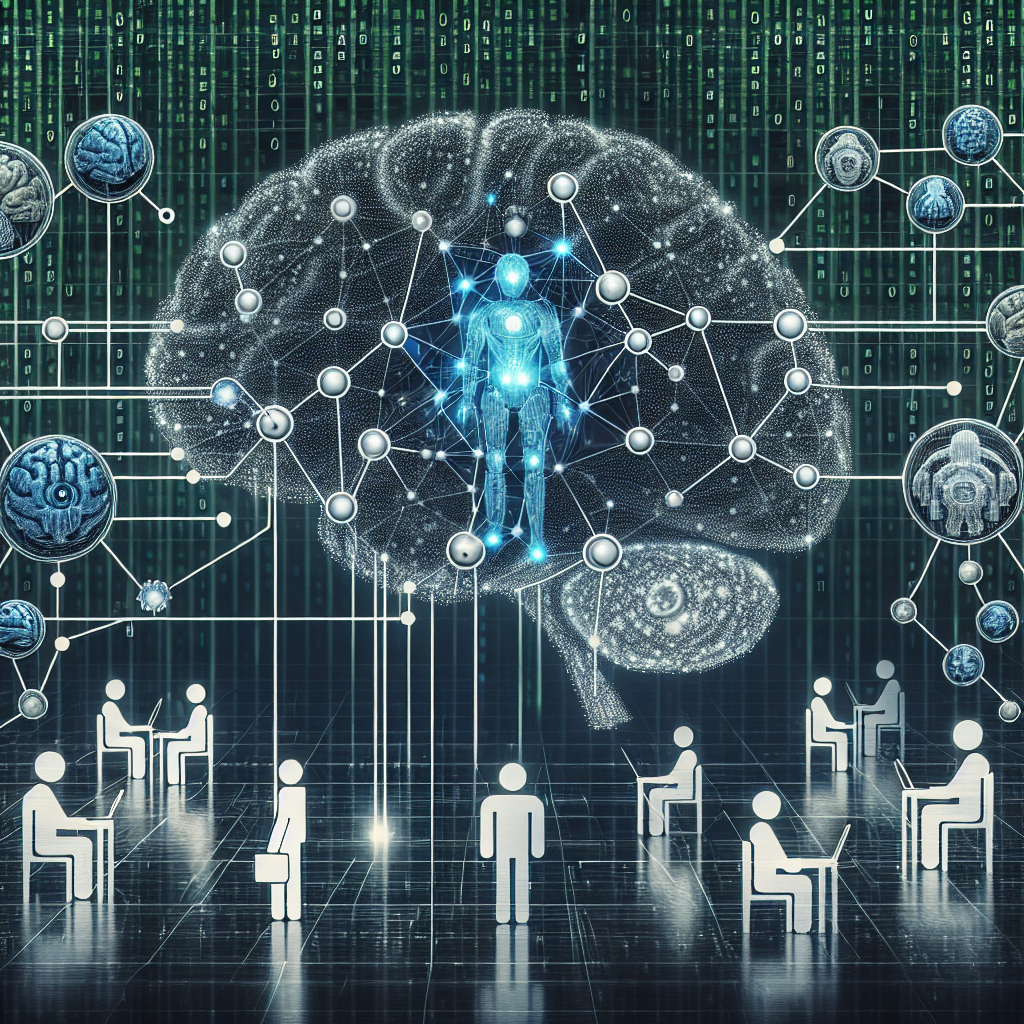In today’s fast-paced and competitive business environment, companies are constantly looking for ways to leverage technology to improve efficiency, streamline processes, and gain a competitive edge. One area where technology has the potential to make a significant impact is in project management. By harnessing the power of artificial intelligence (AI) for project knowledge discovery and sharing, organizations can unlock valuable insights, improve decision-making, and drive better project outcomes.
AI technologies, such as machine learning and natural language processing, have the ability to analyze vast amounts of data, identify patterns, and extract valuable insights that can help project managers make more informed decisions. By leveraging AI for project knowledge discovery, organizations can uncover hidden trends, risks, and opportunities that may not be apparent through traditional means.
One of the key benefits of using AI for project knowledge discovery is the ability to automate the process of gathering, analyzing, and disseminating information. AI-powered tools can sift through mountains of project data, including documents, emails, meeting notes, and other sources of information, to identify key insights and trends. This can save project managers valuable time and resources, allowing them to focus on more strategic tasks.
In addition to automating the process of knowledge discovery, AI can also facilitate the sharing of project knowledge within an organization. By using AI-powered tools to create a centralized knowledge repository, project teams can easily access and share information, best practices, lessons learned, and other valuable insights. This can help to improve collaboration, reduce duplication of effort, and ensure that project knowledge is captured and preserved for future use.
AI can also play a key role in improving decision-making in project management. By analyzing historical project data and identifying patterns and trends, AI can help project managers make more informed decisions about resource allocation, risk management, scheduling, and other key aspects of project planning and execution. This can lead to better project outcomes, reduced costs, and improved efficiency.
Overall, leveraging AI for project knowledge discovery and sharing can help organizations improve their project management processes, drive better outcomes, and gain a competitive edge in today’s fast-paced business environment. By harnessing the power of AI technologies, organizations can unlock valuable insights, streamline processes, and improve decision-making, ultimately leading to more successful projects and greater business success.
FAQs:
Q: What are some examples of AI-powered tools that can be used for project knowledge discovery and sharing?
A: There are a variety of AI-powered tools available that can help organizations uncover valuable project insights and facilitate knowledge sharing. Some examples include project management software with built-in AI capabilities, natural language processing tools for analyzing project documents and communications, and machine learning algorithms for identifying patterns and trends in project data.
Q: How can AI help project managers make better decisions?
A: AI can help project managers make better decisions by analyzing historical project data, identifying patterns and trends, and providing valuable insights that can inform decision-making. By leveraging AI technologies, project managers can make more informed decisions about resource allocation, risk management, scheduling, and other key aspects of project planning and execution.
Q: How can organizations ensure that project knowledge is effectively shared and preserved?
A: Organizations can ensure that project knowledge is effectively shared and preserved by using AI-powered tools to create a centralized knowledge repository, where project teams can access and share information, best practices, lessons learned, and other valuable insights. By leveraging AI for knowledge sharing, organizations can improve collaboration, reduce duplication of effort, and ensure that project knowledge is captured and preserved for future use.

